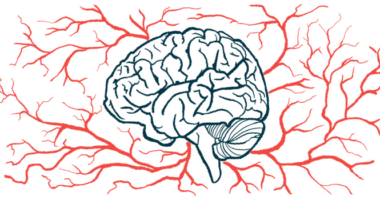FAQs about reproductive options if you are a Pompe disease carrier
Yes, pregnancy is possible, as Pompe disease typically doesn’t affect fertility. However, pregnancy can make Pompe symptoms worse, which means it’s important for people with the disease, or who are carriers of the disorder, to discuss the risks of becoming pregnant with their healthcare team. Enzyme replacement therapy can help slow the progression of the disease and support the body’s pregnancy-related changes.
Women who have Pompe disease have safely delivered healthy babies. However, pregnancy can make Pompe symptoms, including muscle weakness and respiratory problems, worse. People with Pompe disease who become pregnant are advised to discuss any associated risks with their healthcare team, and together establish an adequate care plan for the pregnancy and postpartum periods.
Prospective parents who have Pompe disease may first want to find out if their partner is a disease carrier, as that increases the likelihood of having a baby with the genetic disorder. In vitro fertilization — accompanied by genetic analysis to detect Pompe disease-causing mutations in fertilized eggs prior to implantation in the uterus — is an option to assure the child will not have the disease. Reproductive options should include genetic counseling about the benefits and risks.
Pompe disease life expectancy varies based on the three types of the disease that a child can inherit. Babies born with classic infantile-onset Pompe disease often do not live past age 2 without treatment. Non-classic infantile-onset Pompe disease symptoms are not as severe and, without treatment, the baby may survive into early childhood. Older-onset Pompe disease life expectancy can depend on factors such as whether the person has cardiac and respiratory issues, and how the individual responds to treatment.
Babies are born with Pompe disease when they inherit two mutated copies of the GAA gene — one from each biological parent. Both parents can be carriers of the mutated gene but not have any symptoms. Alternatively, one parent may be a person living with Pompe disease while the other is a carrier. If two people are both Pompe carriers, there is a 25% chance their baby will develop Pompe disease, and a 25% chance the baby will not. Otherwise, there is a 50% chance any children will be carriers of the mutated gene, meaning they, in turn, could pass the disorder along to their biological children.

 Fact-checked by
Fact-checked by 






